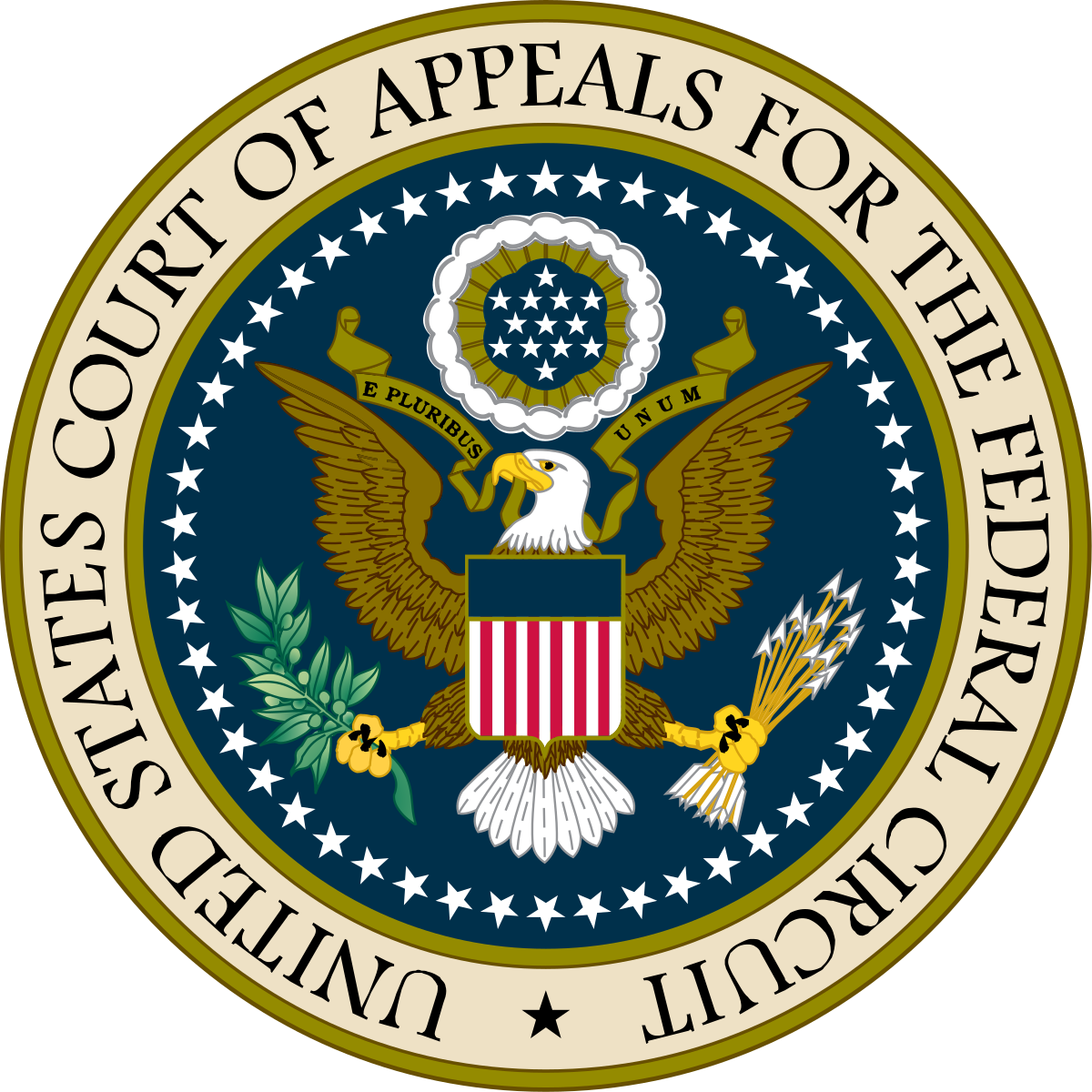This post was originally published on Forbes Jul 13, 2015
The perennial never-ending IRS scandal now on Day 795 by TaxProf count , in part, is a search for smoking guns. Sometimes it turns out that all that can be found is unloaded, never fired guns. The response of those promoting the scandal narrative is that, you have to look harder. Enough is never enough. Sometimes the courts agree that the IRS must search its records more assiduously. Earlier this month, though the DC District issued an enough is enough ruling on one of Judicial Watch’s Freedom of Information Requests.
Any and all records and communications concerning, regarding, or related to the selection of individuals for audit based on information contained in 501(c)(4) tax exempt applications.
These divisions are: (1) the Wage and Investment Division, which “serves individual taxpayers … with wage and investment income only”; (2) the Small Business/Self-Employed Division, which focuses on taxpayers that are either small businesses or self-employed; (3) the Large & Mid-Size Business Division, which works with “corporations with assets greater than $10 million” as well as business and individuals with certain international focuses; and (4) the Tax Exempt and Government Entities Division, which “serves three distinct taxpayer segments: Employee Plans, Exempt Organizations, and Government Entities.”
“All applications for tax exempt status” under Section 501(c)(4), “are processed by the Rulings and Agreements Office within the Exempt Organizations Unit of . The Tax Exempt and Government Entities Division does not conduct any audits of individuals, however.. Individual audits are conducted by one of the three other divisions.. Naturally, then, if information on a 501(c)(4) application caused the Tax Exempt and Government Entities Division to think that an individual audit was warranted, the Division would need to refer the individual to another division for such an audit.
The IRS retrieved from this recordkeeping system “a list of all referrals arising out of applications for tax-exempt status,” reviewed that list manually “to identify all taxpayer names that were not clearly organizations (creating a list of potential individuals),” and finally obtained and reviewed the referral documentation for these individuals “to determine if any referral arose from information contained in an application … under .”
Having found that the Tax Exempt and Government Entities Division had no record of ever referring an individual for audit based upon information contained in a 501(c)(4) application, the IRS then conducted searches of records within the other three divisions. These searches confirmed the lack of records regarding any such referral during the relevant time period.
The IRS argues that its findings that there are neither official directives nor guidance regarding the use of information in a Section 501(c)(4) application and that no individual audit referrals took place based upon information gleaned from a Section 501(c)(4) application make it unnecessary to search for further documents, including communications, on the subject. The IRS has also indicated that any search of the email accounts of its employees for communications that might pertain to a decision to select or not to select an individual for an audit based upon information in a 501(c)(4) application would require the search of approximately 16,000 employee email accounts (of individuals in 442 different cities), between individuals who worked in offices that process 501(c)(4) applications, those who conduct individual audits, and those who have policy-making authority over audit decisions.
The IRS argues that this incredible burden is especially undue because of the unlikelihood that anything responsive would be uncovered. The IRS’s other searches establish—and Judicial Watch’s evidence has not controverted—that no individuals were referred for audit based upon information gleaned from a Section 501(c)(4) application. Therefore, it is speculation at best to say that there exist communications discussing decisions to audit an individual based upon 501(c)(4) applications.































































































